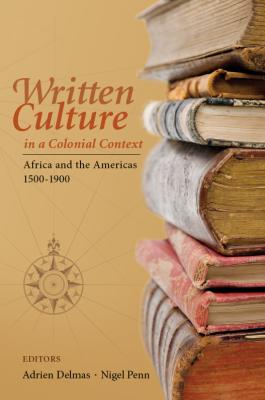Written Culture in a Colonial Context: Africa and the Americas, 1500–1900
Synopsis
Ships, soldiers, missionaries and settlers drove the process of European expansion from the 16th to the 19th centuries. In doing so, they set in motion the circulation of images, manuscripts and books between different continents. The Portuguese Estado da India, the Spanish Carrera de Indias, the Dutch, English and French East-Indian Companies, as well as the Society of Jesus, all imaginatively fixed and inscribed the details of their travels and their discourses in letters, logs, diaries and histories. They also regulated the circulation of this material through the construction of archives, censorship, control of publications and secrecy. In addition, they introduced alphabetic writing into societies without alphabets, which was a major factor in changing the very function and meaning of written culture.
There is very little in the modern literature on the history of written culture which describes specific practices related to writing that were anchored in the colonial context. This book explores the extent to which the types of written information that resulted during colonial expansion shaped the numerous and complex processes of cultural exchange from the 16th century onwards. Focusing on writing in colonial Africa and the Americas, it ranges from rock art and proto-writing in Africa to the alphabetisation of Mexican scribes (tlahcuilos), from the missionary writing of Ethiopian Jesuits in the 17th century to travel writing and other forms of popular literature in the 19th century and official documents of various kinds.
Chapters
-
Written Culture in a Colonial ContextAfrica and the Americas, 1500–1900
Downloads



